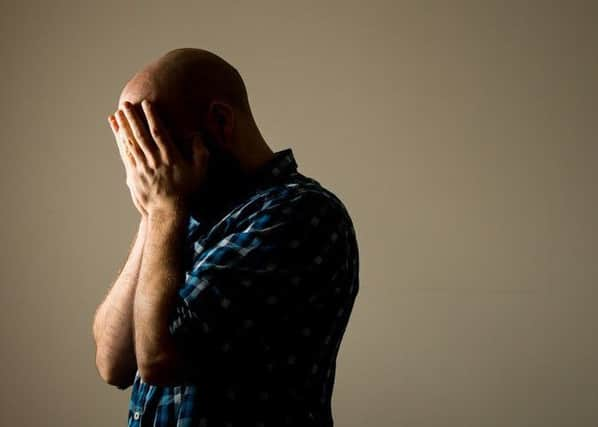Improving mental health in Mid Sussex is a '˜priority'


In last week’s Middy we reported the concerns of county councillor Anne Jones, who said mental health service users in the district were ‘utterly desperate’.
Read our story here: Mental health users in Mid Sussex ‘utterly desperate’
Advertisement
Hide AdAdvertisement
Hide AdHorsham and Mid Sussex Clinical Commissioning Group (CCG), which pays for mental health services in the area, said improving mental health was a ‘priority’ for them and the Sussex Clinical Commissioning Groups.
A spokesman said: “We are collectively investing over £7million in mental health services in 2018-19 as part of our commitment to the mental health investment standard.
“Mental health care for children and young people is a particular focus for improvement for the NHS across Sussex and East Surrey and we are working collectively to improve access to services and to join up the way care is provided across specialist, secondary, primary and community care and the voluntary sector.
“We recognise the professionals and those that support children with mental health care needs provide an invaluable service and we are working to ensure they can deliver the best possible care to improve the experience and outcome of children and their families and carers.”
Advertisement
Hide AdAdvertisement
Hide AdA spokesman for Sussex Partnership NHS Foundation Trust said it understood how ‘difficult and distressing’ it was for people affected by mental health issues.
“Not everyone who is referred to us needs a specialist mental health service,” they said.
“But where a child or young person does need specialist help they will always be seen by our teams.
“In cases where a specialist service is not suitable, we do our best to match the family and young person to alternative forms of support.
Advertisement
Hide AdAdvertisement
Hide Ad“This could be a service run by a local community or charitable organisation, or online resources to help them manage their difficulties.
“We work closely with a number of community and charity partners, as well as GPs, schools and other health care professionals, so ensure that children, young people and their families know how to access the right support for their needs, and to help them manage their emotional health and mental wellbeing
“We will always review clinical decisions like this if the situation changes.
“Once we have assessed a child or young person and determined our services are best placed to help them, we get a plan of treatment in place as soon as possible.
Advertisement
Hide AdAdvertisement
Hide Ad“As is the case across the country, our child and adolescent mental health services are experiencing increasing demand. One of the ways we are responding is to work with our partners to develop new ways of helping people.
“An example is the drop in service we’ve introduced with partners in Hastings to make it as easy as possible for children and young people to get help at the earliest possible opportunity, whether that is from mental health professionals or other support services.
“We need to be bold and creative in using resources to extend this kind of service and develop new ways of providing care wherever we can.
“This is what we are committed to doing, working with and acting on feedback from the people who use our services and their families, our commissioners and other partners in health, social care, education and the voluntary sector.”
What do you think? Email [email protected]